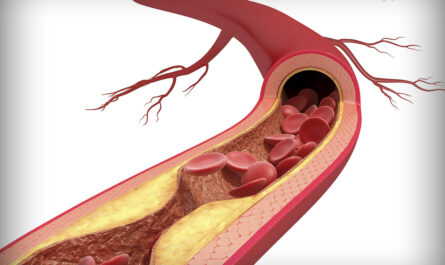In a series of historic firsts, surgical teams at NYU Langone Health transplanted genetically modified pig kidneys and hearts into human recipients between 2021 and 2022. These procedures were carried out in decedents, individuals who had been declared dead based on neurological criteria and maintained on ventilators with family consent. In a significant milestone, NYU Langone successfully transplanted a living patient with a pig kidney in April 2024.
Two recent studies published in Nature Medicine on May 17, 2023, and Med on May 21, 2023, provide new insights into the cellular and genetic changes that occurred during these groundbreaking xenotransplantation surgeries. Researchers from NYU Grossman School of Medicine and the Broad Institute of MIT and Harvard collaborated with the surgical teams, collecting blood and tissue samples for analysis.
The Med study focused on the genetic and cellular activity of the two transplanted pig Artificial Kidneys compared to non-transplanted pig kidney samples. The team employed techniques such as single-cell RNA sequencing to determine the active molecular sequences in pig and human genes in various cell types during the procedures.
The findings revealed that while the transplanted pig kidneys did not undergo immediate rejection, they triggered a robust response in human peripheral blood mononuclear cells (PBMCs). These immune cells play a crucial role in identifying and attacking foreign organ transplants and foreign invaders, such as viruses.
Although immediate rejection was not observed, the researchers discovered evidence of subtle reactions that could potentially lead to xenotransplant failure over an extended period. These findings underscore the importance of ongoing research to address the challenges of long-term xenotransplantation success.
*Note:
1. Source: Coherent Market Insights, Public Source, Desk Research
2. We have leveraged AI tools to mine information and compile it.




